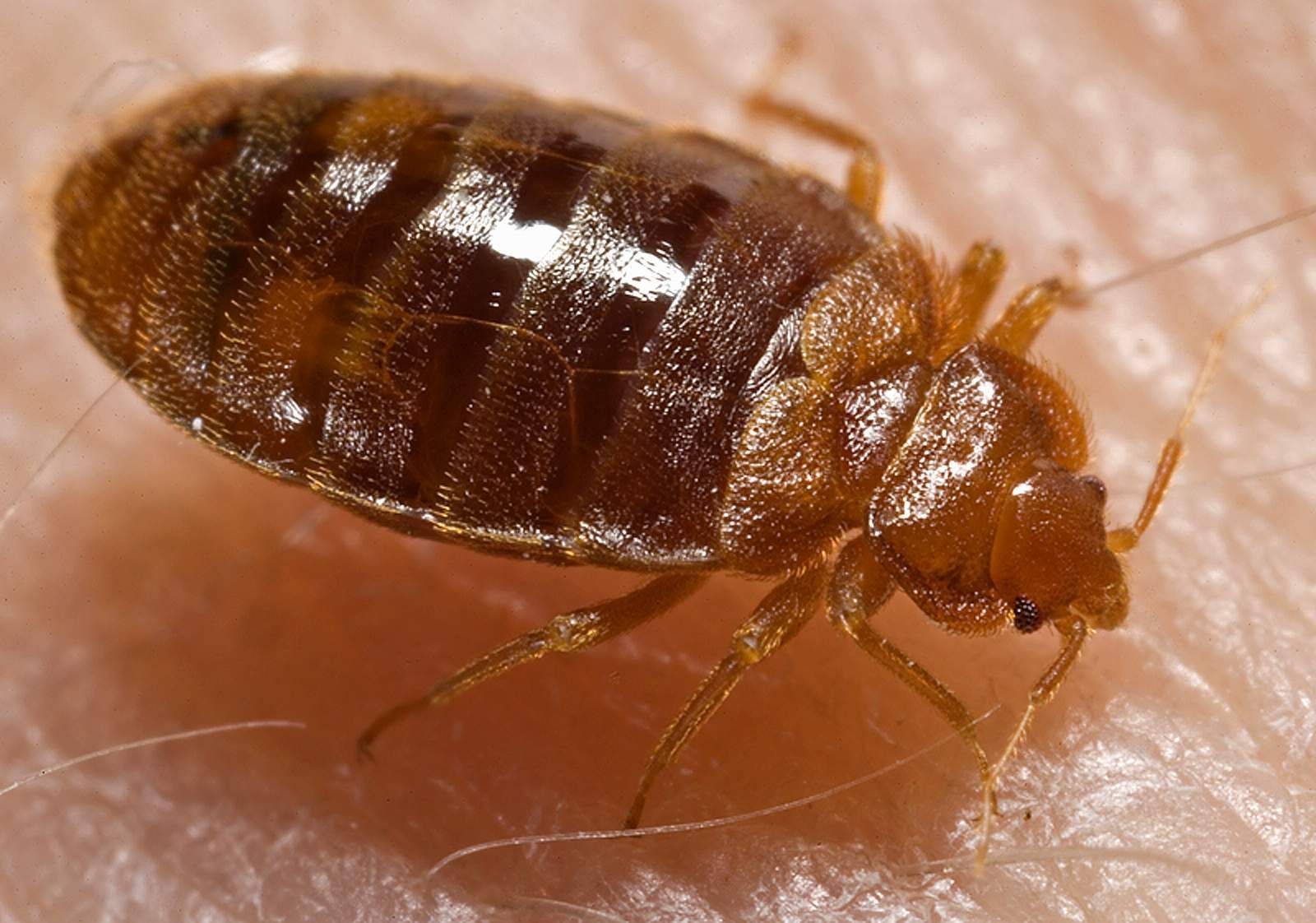Romans Spread Bed Bugs in England 1900 Years Ago
Follow us on Google News (click on ☆)

Bed Bug.
Image Wikimedia
Katie Wyse Jackson, an archaeology student at University College Dublin, made this discovery while studying the remains of ancient insects at the Vindolanda fort. Digging through the deepest layers of the site, initially built at the end of the first century and remodeled over the years, she identified two bed bug thoraxes, indicating their presence since Roman times. This discovery supports the idea that the Romans, despite their reputation for cleanliness and frequent bathing habits, could have introduced these parasites to Great Britain.
Wyse Jackson's investigation at Vindolanda, conducted in August 2023, involved excavating several soil samples dating from 100 to 105 AD. Modern techniques, such as the use of paraffin that adheres to insect remains in the soil, have facilitated the identification of these parasites. This method allowed for the recovery of a maximum number of insects, thus providing a unique window into the ancient fauna of the site.
The exact manner in which bed bugs traveled with the Romans remains a mystery, but it is likely that they clung to straw mattresses or goods transported by the Romans. These finds are not isolated; evidence of bed bugs has been found at other Roman sites in England and across Europe, demonstrating that the battle against these nuisances was a constant challenge, even for a civilization renowned for its hygiene.
Bed bugs have existed for approximately 115 million years, long before the arrival of the Romans or even humans. Originating from the dinosaur era, these wingless nocturnal insects likely initially fed on animals with a "home," such as a pterosaur nesting its eggs.
This discovery at Vindolanda offers a new perspective on the history of human interactions with parasites and underscores the importance of archaeology in understanding our shared past with these small, persistent invaders.